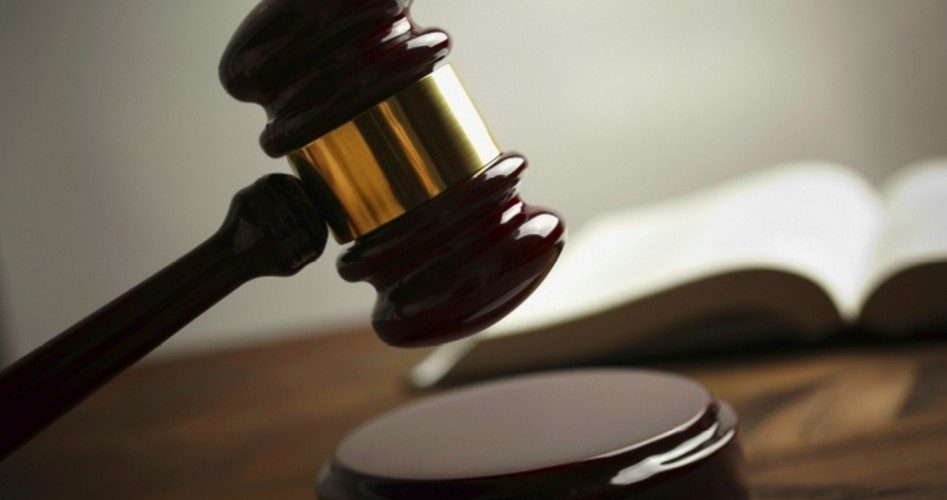
A three-judge panel of the U.S. Sixth Circuit Court of Appeals ruled on Saturday, prohibiting Kentucky Governor Andy Beshear from enforcing his edict banning attendance at church services:
Orders prohibiting religious gatherings, enforced by police officers telling congregants they violated a criminal law and by officers taking down license plate numbers, amount to a significant burden on worship gatherings….
The breadth of [his] ban on religious services … should give pause to anyone who prizes religious freedom.
Two days before Easter, Governor Beshear announced that Kentucky police would record the license-plate numbers of all vehicles near mass gatherings, including church services, and transmit that information to various health departments, who would then enforce a mandatory 14-day quarantine for the violators.
Said Beshear:
We’re having to take a new action that I hoped that we wouldn’t. It’s that any individual going to participate in a mass gathering of any type that we know about this weekend, we are going to record license plates and provide it to local health departments. The local health departments are going to come to your door with an order for you to be quarantined for 14 days.
We absolutely cannot bring people together in one building like that, because that is how the coronavirus spreads, and that is how people die.
According to court records, at least one church disobeyed Beshear’s order:
On April 12, Maryville Baptist Church held a drive-in Easter service. Congregants parked their cars in the church’s parking lot and listened to a sermon over a loudspeaker.
Kentucky State Police arrived in the parking lot and issued notices to the congregants that their attendance at the drive-in service amounted to a criminal act. The officers recorded congregants’ license plate numbers and sent letters to vehicle owners requiring them to self-quarantine for 14 days or be subject to further sanction.
That’s when Maryville Baptist Pastor Jack Roberts enlisted the assistance of Liberty Counsel, a religious-rights law firm with connections to Liberty University, to sue the governor for violation of his and his flock’s First Amendment-protected rights.
The three judges — two appointed by President George W. Bush and the third by President Donald Trump — issued a temporary injunction:
The Church is likely to succeed on its state and federal claims, especially with respect to the ban’s application to drive-in services.
Start[ing] with the claim under Commonwealth law — Kentucky’s Religious Freedom Restoration Act: “Government shall not substantially burden” a person’s “right to act … in a manner motivated by a sincerely held religious belief.”
The governor (who serves as a deacon, along with his wife Britainy, at Beargrass Christian, a Disciples of Christ church) denied that his ban applies to drive-in services, only to in-person attendance. But the judges clarified the matter:
In responding to the state and federal claims, the Governor denies that the ban applies to drive-in worship services, and the district court [which initially supported the governor] seemed to think so as well.
But that is not what the Governor’s orders say. By their terms, they apply to “all mass gatherings,” “including, but not limited to … faith-based … events.”
In deciding to open up faith-based events on May 20, and to permit other events before then such as car washes and dog grooming, the Governor did not say that drive-in services are exempt.
And that is not what the Governor has done anyway. Consistent with the Governor’s threats on Good Friday, state troopers came to the Church’s Easter service, told congregants that they were in violation of a criminal law, and took down the license plate numbers of everyone there, whether they had participated in a drive-in or in-person service.
Accordingly, the judges ruled in favor of Pastor Roberts and his flock, and against the edict from Governor Beshear.
Although a small skirmish in a big war, the ruling puts limits on what governors can do in ostensibly fighting the virus. It also reminds those awakening to the threats to religious and other freedoms being lost in that fight that judges, such as those appointed by Bush and Trump, are put in place to rein governors in when those limits are exceeded.
An Ivy League graduate and former investment advisor, Bob is a regular contributor to The New American, writing primarily on economics and politics. He can be reached at [email protected].




